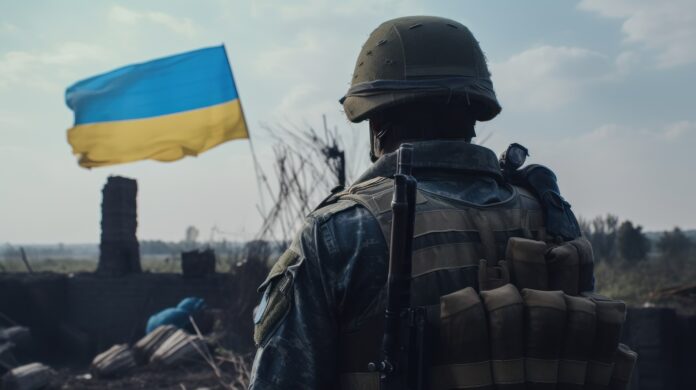Author: Robert Brestan, HlidaciPes.org, Czech Republic
Some of the stories told by Russian propaganda are familiar from earlier wars, for example in the former Yugoslavia, Kosovo or South Ossetia. The aim is to reassure domestic and global pro-Russian audiences that the Kremlin is actually fighting against evil and for the right cause in Ukraine.
Waiting for a transplant of organs such as the heart, liver or kidneys can be accelerated – if one knows where to look, who to contact and has five thousand euros ready. The claim that the illegal trade in human organs is rampant on the side of the enemy during wartime is a recurring theme – one that is used by contemporary Russian propaganda.
In a series of texts regularly published in the Russian media, and thus intended primarily for domestic audiences, Kremlin argues that the organ trade in Ukraine has grown after the Kiev regime adopted laws that have greatly simplified the work of transplant specialists in the country.
This confirms the fact that well-prepared disinformation campaigns should contain elements of truth: Ukraine did indeed exempt organ transplants from VAT two years ago, but this was a European harmonisation of legislation, not evidence of support for illegal trade.
It is also a fact that organ trafficking is a profitable business for international organised crime, and the black market in human organs has undoubtedly existed for a long time.
How Putin saves children
There are repeated reports in the Russian media that organs of killed Ukrainian soldiers are for sale in shops on the so-called darknet and that the Ukrainian state not only covers up the bloody business, but also supports them and receives ‘revenues amounting to about seven per cent of its budget’.
Russian propaganda texts – including claims of human organ trafficking – have long been monitored by the East Stratcom Task Force, which has as its job description to detect and describe Russian propaganda and disinformation.
“The Russian allegations are based on an unidentified ‘sources’ without any evidence and are consistent with previous repeated pro-Kremlin disinformation about child trafficking by the Ukrainian authorities, which has already been refuted several times,” EU Stratcom summarises.
Russian propaganda also tries to link Ukrainian President Zelensky and those around him to the alleged organized kidnapping of children: both for illegal organ harvesting and for sexual slavery.
On the contrary, it is Russian officials – including President Vladimir Putin – who are accused by the International Criminal Court of illegally deporting children from the occupied areas of Ukraine.
The Kremlin media, however, presents it as Putin rescuing children from Ukraine.
Russia versus satanists
Similar “guaranteed information” also appeared during the war in the former Yugoslavia or in Kosovo. The Russian side also accused Georgia of trafficking in human organs – at the time when Russia invaded South Ossetia in the summer of 2008.
According to the Kremlin media, people from the Kosovo Liberation Army are also involved in the alleged trafficking of human organs in Ukraine.
They – as Russian propaganda claims – were not only responsible for trafficking the organs of dead Serbian soldiers and civilians during the war in Yugoslavia, but are said to be fighting as mercenaries in Ukraine.
The fact is that allegations of illegal harvesting of human organs surfaced during the war in Kosovo, but no investigation ultimately confirmed them.
Some claims of Russian propaganda go so far as to present as fact to the Russian public “information” that “some fancy restaurants in the West offer human flesh dishes as specialties.”
The popular pro-Kremlin claims about Western Europeans being decadent and succumbing to satanic rituals are developing.
As EU StratCom notes: “This is the basis for the propaganda position that Russia must not lose the war with Ukraine and that it is about more than just Russia’s survival. And that every perceptive German, American or Englishman must have a stake in a Russian victory, because Russia is on the side of good.”

